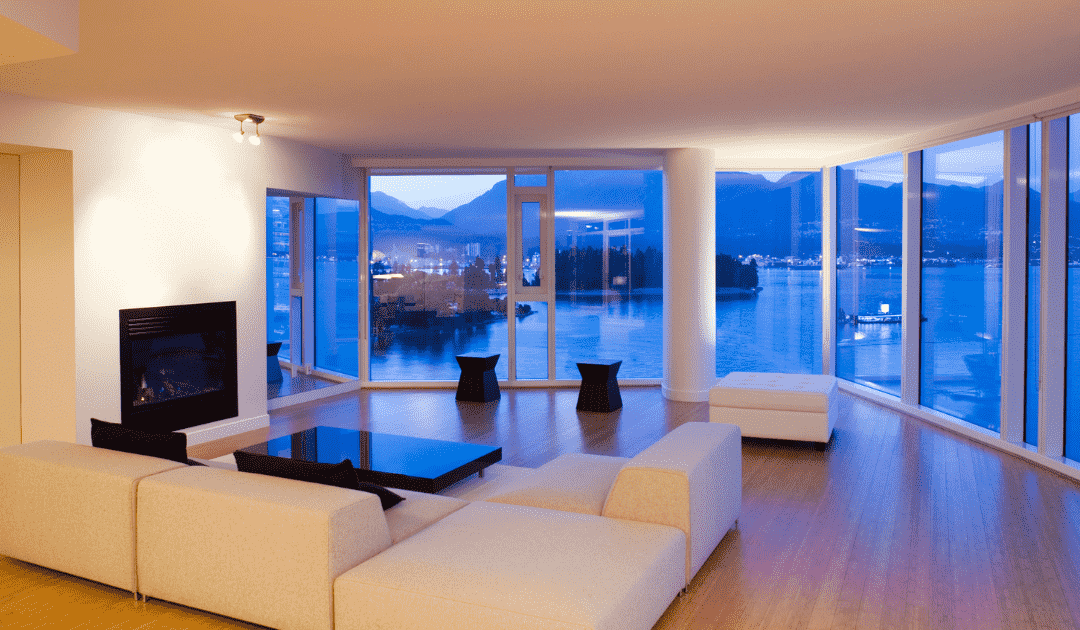The influx of 471,771 new permanent residents in 2023—and a targeted 485,000 for 2024—was a transformative force in driving luxury real estate demand across Canada’s major cities, according to the Sotheby’s International Realty Canada Top-Tier Real Estate: 2024 State of Luxury Annual Report. The Bank of Canada’s monetary easing, which began in June, further fueled market momentum.
Although affluent buyers are less affected by mortgage rates, successive interest rate cuts enhanced consumer confidence and facilitated movement from conventional markets into entry-level luxury segments.
By October 2024, home sales activity across Canada’s MLS systems climbed 7.7 per cent month-over-month—the highest since April 2022—followed by another 2.8 per cent increase in November. The Bank of Canada’s December rate cut of 50 basis points to 3.25 per cent is expected to further energize the market in 2025.
“Canada’s conventional and luxury real estate market demonstrated remarkable resilience in 2024 and closed the final quarter of the year with a pick-up in sales activity that foreshadows further improvement in the months ahead,” said Don Kottick, president and CEO of Sotheby’s International Realty Canada, in a press release.
Greater Toronto Area (GTA)
The GTA led Canada’s luxury market resurgence, with sales over $4 million rising 21 per cent year-over-year in 2024. Single-family homes dominated, making up 91 per cent of luxury sales in this segment. Ultra-luxury sales over $10 million increased 20 per cent, supported by a mix of MLS and private transactions.
Calgary
Calgary experienced the fastest growth in luxury sales among Canada’s major cities. Sales over $1 million surged 42 per cent, while those over $4 million doubled year-over-year. Single-family and attached homes saw the steepest increases, reflecting a population-driven demand boom.
Montreal
Luxury sales in Montreal showed notable resilience, with $4 million-plus sales up 16 per cent and $1 million-plus transactions rising 38 per cent. The city reported strong growth across all housing types, with condominiums seeing a 53 per cent increase.
Vancouver
Vancouver’s luxury market lagged in 2024 due to misaligned seller expectations and a softer local economy. Sales over $4 million declined 11 per cent, while ultra-luxury transactions over $10 million fell 29 per cent. However, $4 million-plus condominium sales rose 26 per cent, reflecting an emerging opportunity in this segment.
The bottom line
Kottick highlighted Toronto and Montreal’s revitalization as a model for national market improvement, driven by realistic pricing and falling interest rates. He also noted that Calgary continues to lead expansion in top-tier housing sales, putting unprecedented pressure on housing supply and prices.
Kottick contrasted this with a weaker picture of Vancouver’s economy, and “the ongoing standoff between sellers clinging to peak-era valuations and buyers demanding prices that reflect today’s reality” that’s slowing Vancouver’s market.
He also emphasized the long-term investment potential of luxury condominiums in Toronto and Vancouver, where declining prices and low competition create favourable conditions for buyers. As population growth intensifies housing demand, these markets are poised for future gains.


















